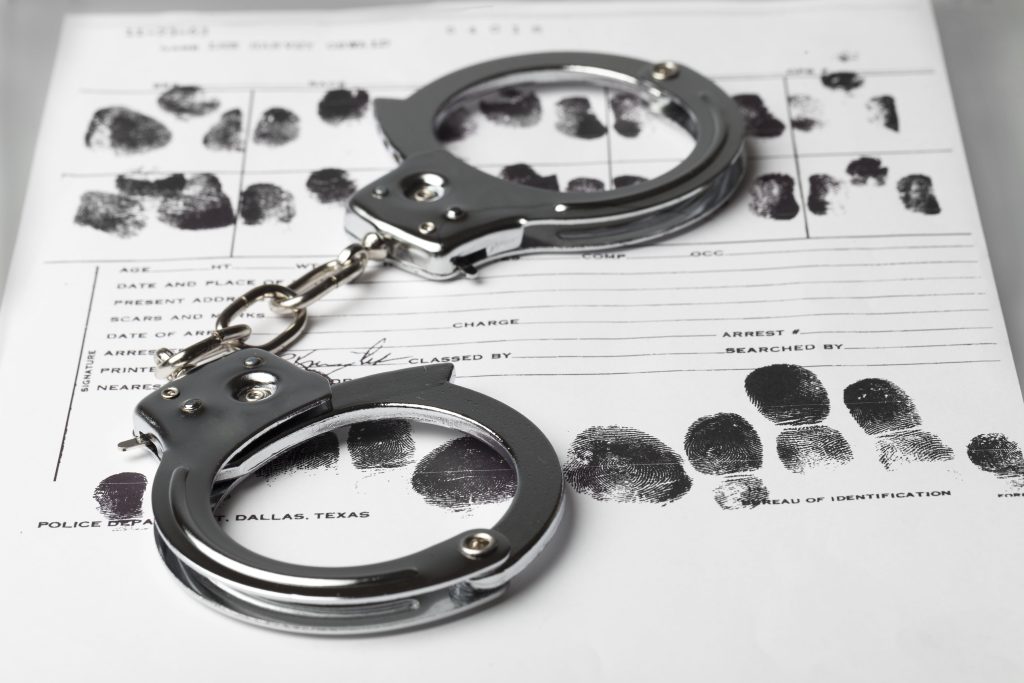Can I Be Charged If I Didn’t Know About the Crime? Understanding Accomplice Liability in Washington

Can I Be Charged If I Didn’t Know About the Crime? Understanding Accomplice Liability in Washington
Many people believe they can’t be charged with a crime if they didn’t personally commit it or didn’t know all the details. Unfortunately, under Washington law, that’s not always true. Washington’s accomplice liability statute, RCW 9A.08.020, allows prosecutors to hold someone legally responsible if they knowingly assist or encourage another person in committing a crime, even if they never did the act themselves.
What Is Accomplice Liability?
Under RCW 9A.08.020, a person is legally accountable for another’s conduct if they:
- Solicit, encourage, or request someone else to commit a crime, or
- Aid or agree to aid another person in planning or carrying it out.
This means that if you intentionally help or encourage another person’s criminal act, you can be charged and punished as though you committed the crime yourself. You don’t have to be the main actor — just a willing participant.
You Don’t Have to Know Every Detail
One of the most misunderstood parts of accomplice liability is that you don’t have to know exactly what crime will happen. If you intentionally assist or facilitate someone’s unlawful conduct, you could still face charges even if the actual crime turns out to be more serious than you expected.
Example: If you drive a friend to “teach someone a lesson” and they commit a robbery instead, you may still be considered an accomplice. The key factor is whether you intended to help them commit a crime, not whether you knew all the details.
Common Examples of Accomplice Liability
People are often surprised to learn how easily ordinary actions can be interpreted as aiding or abetting a crime. Examples include:
- Driving a getaway car after a theft or burglary
- Providing tools or information used to commit a crime
- Distracting a store clerk while another person steals
- Encouraging someone to commit an assault
- Helping hide evidence or dispose of stolen property
Even minor acts of help — if intentional — can lead to serious charges.
What the Prosecutor Must Prove
To convict someone as an accomplice, prosecutors must establish:
- A crime was committed by another person
- The defendant knowingly aided or encouraged that crime
- The defendant intended to promote or facilitate the criminal act
Intent is key. Someone who truly had no idea a crime was taking place, or whose actions were purely innocent, cannot be convicted as an accomplice.
Defending Against Accomplice Liability Charges
A strong defense depends on showing a lack of intent or knowledge. For example:
- You were unaware of the other person’s criminal plan
- Your involvement was accidental or misunderstood
- You were present but didn’t assist or encourage the crime
An experienced criminal defense attorney can challenge the prosecution’s evidence, cross-examine witnesses, and argue that your conduct did not rise to the level of legal complicity.
Talk to an Experienced Washington Criminal Defense Attorney
Accomplice liability is a complex area of law, and prosecutors often use it to expand criminal responsibility beyond the main actor. If you’ve been accused of helping in a crime or are under investigation, it’s critical to get legal advice immediately.
The Law Office of Erin Bradley McAleer has extensive experience defending clients across Washington State in serious criminal cases, including those involving accomplice and conspiracy allegations. We know how to identify weaknesses in the prosecution’s case and protect your rights at every stage of the process. Call our office today to schedule a confidential consultation and discuss your options at (360) 334-6277.